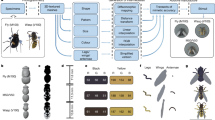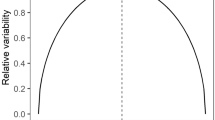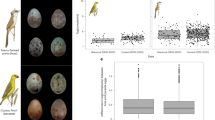Abstract
Many palatable insects, for example hoverflies, deter predators by mimicking well-defended insects such as wasps. However, for human observers, these flies often seem to be little better than caricatures of wasps – their visual appearance and behaviour are easily distinguishable. This imperfect mimicry baffles evolutionary biologists, because one might expect natural selection to do a more thorough job. Here we discuss two types of cognitive processes that might explain why mimics distinguishable mimics might enjoy increased protection from predation. Speed accuracy tradeoffs in predator decision making might give imperfect mimics sufficient time to escape, and predators under time constraint might avoid time-consuming discriminations between well-defended models and inaccurate edible mimics, and instead adopt a “safety first” policy of avoiding insects with similar appearance. Categorization of prey types by predators could mean that wholly dissimilar mimics may be protected, provided they share some common property with noxious prey.
Similar content being viewed by others
Article PDF
Author information
Authors and Affiliations
Corresponding author
Rights and permissions
About this article
Cite this article
Chittka, L., Osorio, D. Cognitive dimensions of predator responses to imperfect mimicry?. Nat Prec (2007). https://doi.org/10.1038/npre.2007.1258.1
Received:
Accepted:
Published:
DOI: https://doi.org/10.1038/npre.2007.1258.1



